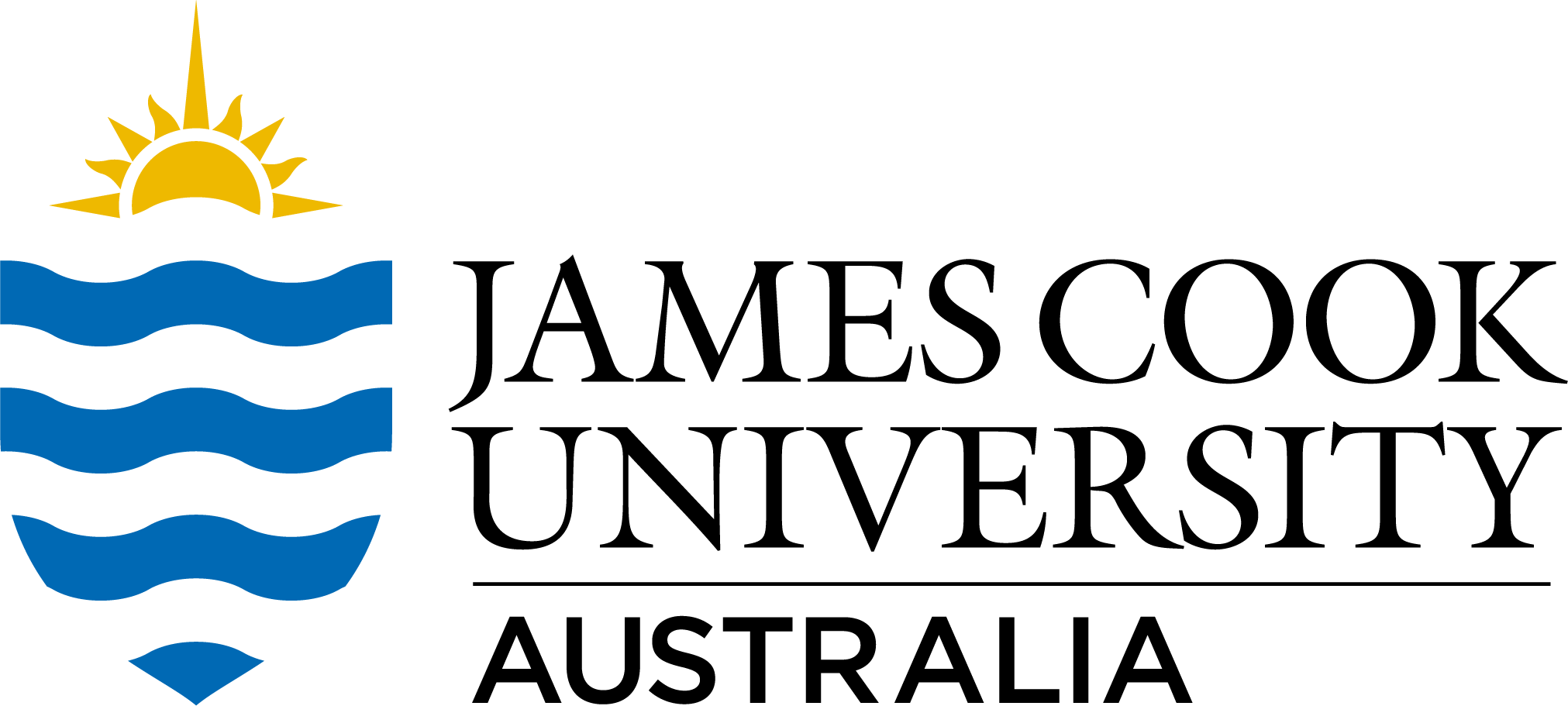Full description
Abstract [Related Publication]: Under the current threat of global climate change, coral reefs are predicted to become extensively degraded. In addition, the rapidly increasing production and disposal of plastic products worldwide lead to the rising accumulation of plastic pollution in coastal ecosystems. The present study explores how the dual threat of habitat degradation and microplastic exposure may act in isolation and in synergy to affect the behaviour and survival of coral reef fish in the field. Fish were caught prior to settlement and pulse fed polystyrene microplastic spheres six times over four days, then placed in the field on live or dead-degraded coral patches where their survival was monitored. Exposure to microplastics led fish to be bolder, more active and stray further from shelter compared to control fish. Fish on dead coral likewise were bolder, more active and less risk averse. Effect sizes indicated that plastic exposure had a greater effect on behaviour, leading to enhanced potential risk, than degraded habitat. However, there was an antagonistic interaction between microplastic exposure and coral health, which found fish on live coral that were exposed to microplastics also being more active and taking more risks. This interaction was also displayed in their survival in the field. All fish, apart from the ones that were not exposed to microplastics and lived on live coral, had very low survival. While microplastic exposure did not elevate mortality above that already found in dead-degraded habitats, it did represent a significant new stressor that lead to six-times higher mortality when living on live healthy habitats.
Dataset consists of a spreadsheet containing 2 worksheets: Raw data and a Key which includes the full methodology.
Notes
This dataset is available as a spreadsheet saved in both MS Excel (.xlsx) and Open Document (.ods) formats.
Created: 2019-06-11
Data time period: 30 11 2018
text: Lizard Island, northern Great Barrier Reef, Australia
User Contributed Tags
Login to tag this record with meaningful keywords to make it easier to discover
- Local : 4f3389cf91eb541ecb388e746147d3b0
- Local : https://research.jcu.edu.au/data/published/d8028a9575a31ab40aca5089ee4e8f80
- DOI : 10.25903/5cff2e614a5d5



